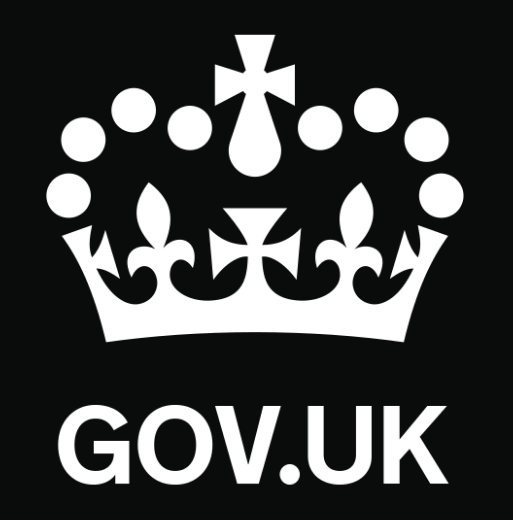
9:21 AM, 5th May 2021, About 3 years ago 12
Text Size
People in England and Wales struggling to pay debts or rent could be eligible to use the Breathing Space scheme, and Government expects around 700,000 people to benefit in the first year of the scheme.
Creditors (landlords) are not allowed to contact tenants directly to request payment of the debt or take enforcement action to recover the debt (including by taking possession of a property) for a maximum of 60 days. For a mental health crisis breathing space, the Breathing Space only ends 30 days after the tenant’s treatment ends.
John Glen, Economic Secretary to the Treasury, said: “We’re determined to tackle problem debt, but it is incredibly hard to get your finances back on track when your debts are piling up and you’ve got creditors at the door.
“This scheme will give people a breathing space from charges, distressing letters, and bailiff visits, so they can tackle their problem debt with support from a professional debt advisor.
“And to help people going through a mental health crisis, which is too often linked to financial problems, we’re bringing in stronger protections lasting beyond the end of their crisis treatment.”
Under the scheme, people will be given legal protections from their creditors for 60 days, with most interest and penalty charges frozen, and enforcement action halted. They will also receive professional debt advice to design a plan which helps to get their finances back on track.
The standard Breathing Space can be accessed by contacting a professional debt advisor. Given this may not be possible for someone in mental health crisis treatment, an approved mental health professional can certify they are receiving treatment and then a debt advice provider can consider whether they are eligible for the scheme.
Once a tenant has entered into a breathing space you must not until it has finished:
Joanna Elson CBE, chief executive of the Money Advice Trust, the charity that runs National Debtline and Business Debtline, said: “We are pleased to be supporting the launch of the Breathing Space scheme, which is a major milestone in improving the help available to people struggling with debt. Breathing Space will provide a powerful incentive for people in debt to seek free debt advice – with vital protections from interest, charges and creditor action to give people the time and space they need to begin to deal with their financial difficulty.
“Free debt advice has never been more important than in helping households to recover from the impact of Covid-19 – and Breathing Space will strengthen our ability to help people at this crucial time. We look forward to playing our role in making the scheme a success.”
Martin Lewis, founder of MoneySavingExpert.com and the Money and Mental Health Policy Institute, said: “Debt is far more than just a financial issue. It’s a major cause of relationship breakdown, can hugely diminish people’s well-being, and sadly leaves 100,000s at risk of taking their own lives. That’s why Breathing Space is so important. It’s a win-win-win; for individuals who get their finances back on track, creditors who’ll recoup more cash in the long run, and the economy as there will be less financial catastrophe.
“I’m especially thrilled that our Money and Mental Health Policy Institute suggestion for Recovery Space is coming into fruition as part of this. That means from now on, everyone receiving NHS crisis care for their mental health can recover without being hassled for escalating debt, fees and charges. Finally, people returning home after being hospitalised for their mental health, can do it safe in the knowledge there’s no threat or reality of bailiffs knocking.”
Previous Article
Leaseholder bringing his own builder in to quote?Next Article
Data analysis on rental return city by city
Richie
22:56 PM, 9th May 2021, About 3 years ago
Reply to the comment left by TrevL at 05/05/2021 - 13:16
Guess your not a landlord then?
Yes an investment, and like any other investment if the risk becomes too much you move your investment money elsewhere i.e. sell the property and invest in something else.
So, all the properties will become home owner and nothing left to rent. Where will that leave people who cant afford to buy? The crap government schemes are mostly out of reach and the so called "affordable" housing they build around here appear to be £400K plus and the joking shared ownership is a con and still not affordable for the younger people, the initial deposit might be low but they need upwards of 35k py + pay the mortgage and the rented part and on top the full maintenance costs py. And in 5 years, what??
nekillim200
8:36 AM, 10th May 2021, About 3 years ago
Reply to the comment left by Mike at 05/05/2021 - 11:59
Definitely. HMRC is not giving us 'breathing space' on our taxes at no charge!!!